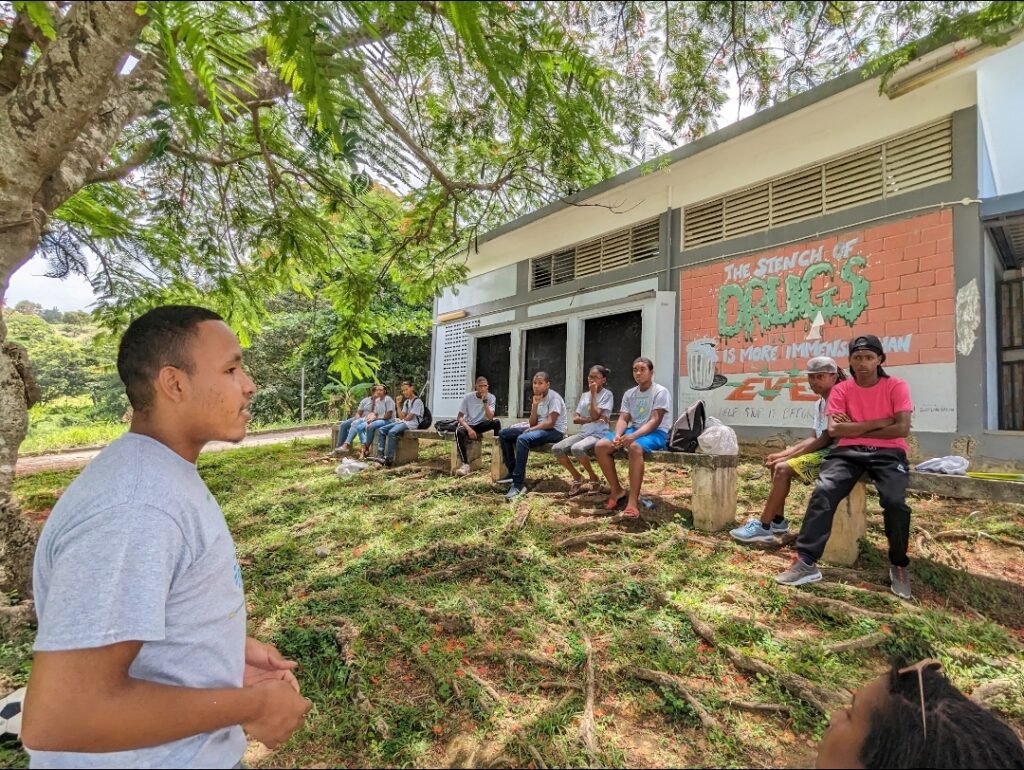Is there a link between climate reparations and reparations for chattel enslavement?
Climate reparations and reparations for chattel enslavement can be seen as complementary in addressing past injustices and promoting justice in social, economic, and environmental aspects. Although the specific contexts and goals of these two types of reparations differ, they can intersect in the following ways beginning with the historical context. Climate change and the enduring effects of chattel enslavement both have their origins in historical injustices and exploitative systems. Enslaved Africans were forcefully brought to the Caribbean and Americas, enduring immense suffering, while the exploitation of natural resources and labour during the colonial era has contributed to climate change. Acknowledging and rectifying these historical injustices is crucial to both climate and chattel enslavement reparations.
Secondly, reparations for chattel enslavement seek to address the ongoing socioeconomic inequalities and systemic racism that persist as a result of the chattel slavery and its aftermath. Climate reparations aim to address the disproportionate impact of climate change on vulnerable communities, including those with a history of colonisation and chattel enslavement. Both seek to address systemic injustice, promote equity, and ensure that marginalised communities receive support and redress for the harm they have faced.
Can reparations for chattel enslavement be climate-sensitive?
Reparations for chattel enslavement can indeed be climate-sensitive. The issue of climate change is a global crisis that has a disproportionate effect on marginalised communities. This includes the descendants of enslaved individuals who have historically faced systemic oppression and environmental injustice. Acknowledging this, climate-sensitive reparations would recognise and address the specific vulnerabilities and consequences of climate change on these communities.
Climate-sensitive reparations would involve the implementation of measures that consider both the intersectionality of historical injustices and the impacts of climate change. This could include initiatives such as environmental restoration, where investments are made in projects that restore and safeguard ecosystems in areas where the descendants of enslaved people live. By focusing on activities such as reforestation, wetland restoration, or sustainable agriculture practices, these efforts would enhance resilience to climate change while also addressing the historical ecological damage.
Why are youth voices important in the reparations movement?
Youth voices, particularly those of Caribbean youths, play a crucial role in the movement for reparatory justice. As young individuals, we not only experience the direct consequences of historical injustices, but we also possess a distinct perspective and energy that can fuel substantial change. It is we who will inherit a world moulded by past injustices, and we hold a deep interest in shaping reparatory justice endeavours to ensure a more fair and just future.
Our fresh outlooks and innovative ideas have the potential to challenge the existing norms and present creative solutions to intricate issues. Through amplifying the voices of marginalised individuals, mobilising collective action, and influencing policy, we can draw attention to the necessity for reparations and advocate for meaningful progress.


